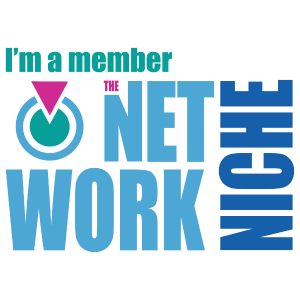Drink Yourself To Good Health In 5 Ways
/We’ve all heard about the wonderful benefits of water. It’s a clear, pure drink that helps to cleanse our system and leave us feeling both hydrated and quenched. It’s one of the healthiest drinks around because it contains no calories yet has plenty of positive effects on our body. Since our bodies are roughly made up of 60% water, it’s essential that we replenish that water and flush our system of bad toxins. However, for some, they just can't tolerate the plain taste of water. GOOD NEWS- there are other drinks that we can rely on to give us good health.
Vegetable Juice
A lot of people knock it before they try it, but vegetable juice is a surprisingly good way to get some of your five-a-day. It all takes a little getting used to and some specialized equipment, but you’ll find that vegetable juice is flexible, versatile and very tasty. You can easily mix a medley of fruits and vegetables into a juicer to create a powerful and potent concoction that contains all the essentials nutrients and minerals you could ever want in a single day. Juicers may be fairly expensive, but they’re worth every single penny if you want to drink yourself to good health.
** I bought my juicer from Walmart really inexpensive and I juice and freeze in bulk and it is one of the best things that I have done and I consistently see the benefits.
Green Tea
There are many different types of green tea, but no matter what brand you get or what style of green tea you get, they all come jam-packed with positive benefits. High-quality green tea such as Ashitaba are known for their fat-burning properties that assist weight loss, but they’re also known to stimulate brain activity and even promote long life. Green tea is simple, tastes great, and can even be flavored depending on what your preferences are. It’s best to make your own green tea, but if you’re short on time and need a quick fix then teabags can also work assuming they’re made from quality leaves.
Iced Tea
If hot tea doesn’t suit you due to the heat, then why not cold brew it or leave it to chill in the fridge before drinking it? Iced tea doesn’t lose any of the health benefits, it can help cool you down, and it tastes great with some added extras such as some slice of lemon or honey. Iced tea is best made by yourself due to the amount of sugar in bottled varieties. Try to stay away from those types and make your own instead.
Dilute Fruit Juice
If you’re set on drinking fruit juice, then treat it like a cordial and dilute it a little bit. This is to reduce the amount of sugar in each glass of juice you drink. Keep in mind that even freshly pressed juices have quite a lot of sugar in each serving due to the natural sugars that fruits have.
Milk
Most people drink this when they’re younger to get healthier bones thanks to the abundance of calcium. However, as you get older, milk continues to be important and it’s also a great source of protein and healthy fats. A single serving of milk contains the same amount of calcium as several servings of vegetables, making it a fantastic healthy drink to sip on all year round (my favorite is organic vanilla soy milk).
LET'S GET SOCIAL...











